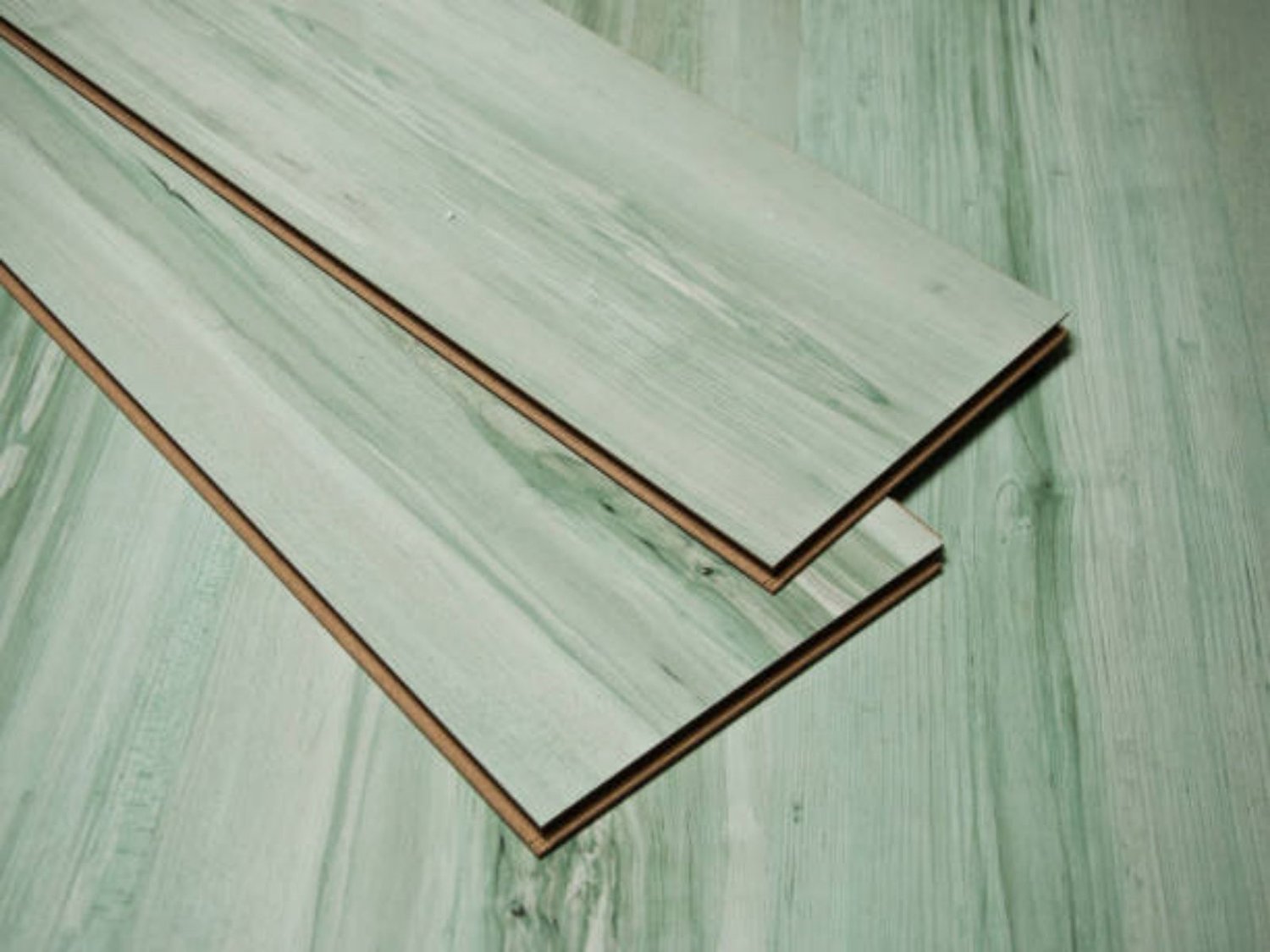WPC Wooden Flooring vs. Engineered Wood: Which Offers Better Moisture Resistance?
When it comes to choosing the right flooring for your home or commercial space, moisture resistance is a crucial factor to consider. Two popular options that offer good resistance to moisture are WPC wooden flooring and engineered wood. In this article, we will compare the moisture resistance capabilities of these two flooring types to help you make an informed decision.
1. Understanding WPC Wooden Flooring
WPC stands for Wood Plastic Composite, a type of flooring that combines wood fibers and thermoplastics to create a durable and moisture-resistant material. WPC wooden flooring is known for its high resistance to water and moisture, making it an excellent choice for areas prone to spills or high humidity.
2. Exploring Engineered Wood
Engineered wood is a flooring option that consists of multiple layers of wood veneer glued together, with the top layer being hardwood. While engineered wood is not completely impervious to moisture, it offers better resistance compared to solid hardwood flooring.
3. Moisture Resistance of WPC Wooden Flooring
One of the main advantages of WPC wooden flooring is its excellent moisture resistance. The combination of wood fibers and thermoplastics creates a waterproof barrier that prevents water from seeping into the flooring material. This makes WPC wooden flooring suitable for areas such as kitchens, bathrooms, and basements.
4. The Moisture Resistance of Engineered Wood
Engineered wood, although not completely waterproof, has decent moisture resistance. The multiple layers of wood veneer provide added stability and help withstand changes in moisture levels. However, it is important to note that prolonged exposure to water can still damage the flooring, making it less suitable for areas prone to moisture.
5. WPC Wooden Flooring: A Perfect Fit for Wet Areas
If you are looking for flooring for wet areas such as bathrooms or kitchens, WPC wooden flooring is an ideal choice. Its superior moisture resistance properties make it highly resistant to water damage and mold growth. With proper installation and maintenance, WPC wooden flooring can withstand the challenges of moisture-prone environments.
6. Engineered Wood: Best for Moisture-Controlled Environments
While engineered wood offers better moisture resistance compared to solid hardwood, it is still recommended for use in moisture-controlled environments. Avoid installing engineered wood in areas where there is a high risk of water exposure or excessive humidity. Regular cleaning and prompt handling of spills can help maintain its moisture resistance.
7. The Importance of Proper Installation
Regardless of the flooring type you choose, proper installation is crucial for ensuring optimal moisture resistance. Both WPC wooden flooring and engineered wood should be installed by professionals who follow the manufacturer's guidelines. Improper installation can compromise the moisture resistance capabilities of the flooring, leading to issues in the future.
8. Maintenance and Care
To maintain the moisture resistance of WPC wooden flooring and engineered wood, regular maintenance is essential. It is important to clean up spills promptly, avoid excessive exposure to water, and use appropriate cleaning products recommended by the manufacturer. Following these maintenance guidelines will help prolong the lifespan of your flooring.
9. Cost Considerations
Cost is another factor to consider when choosing between WPC wooden flooring and engineered wood. WPC wooden flooring tends to be more affordable compared to engineered wood, making it a budget-friendly option for those looking for moisture-resistant flooring.
10. Final Verdict
When it comes to moisture resistance, WPC wooden flooring emerges as the clear winner. Its superior waterproof properties and ability to withstand high humidity make it an excellent choice for areas prone to moisture. However, if you are willing to invest more and prioritize the aesthetics of hardwood, engineered wood can also offer decent moisture resistance in moisture-controlled environments.

